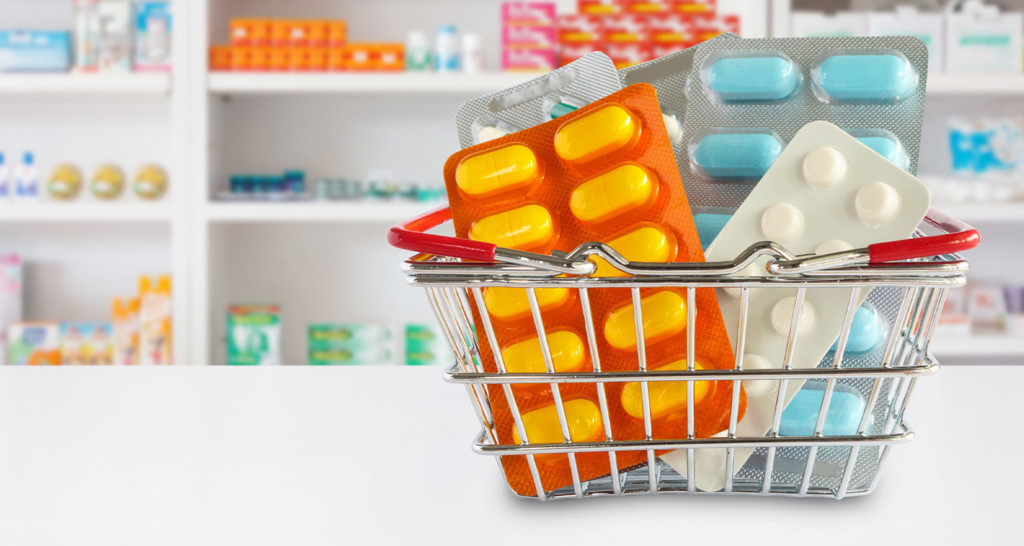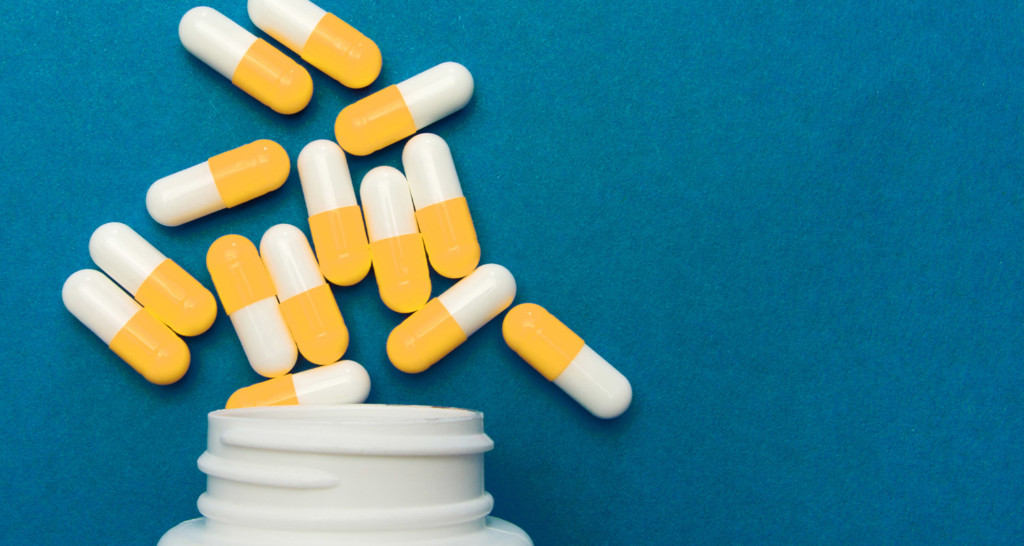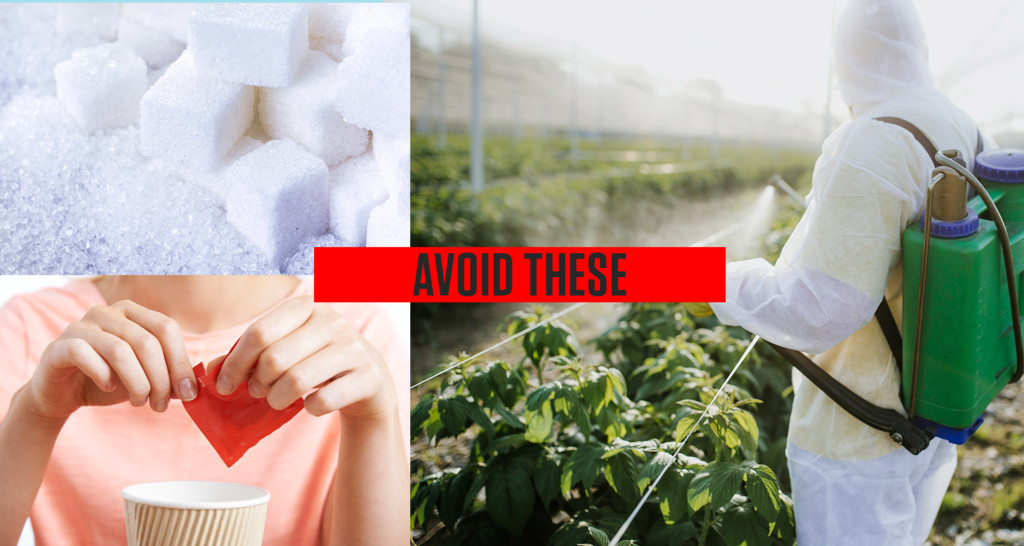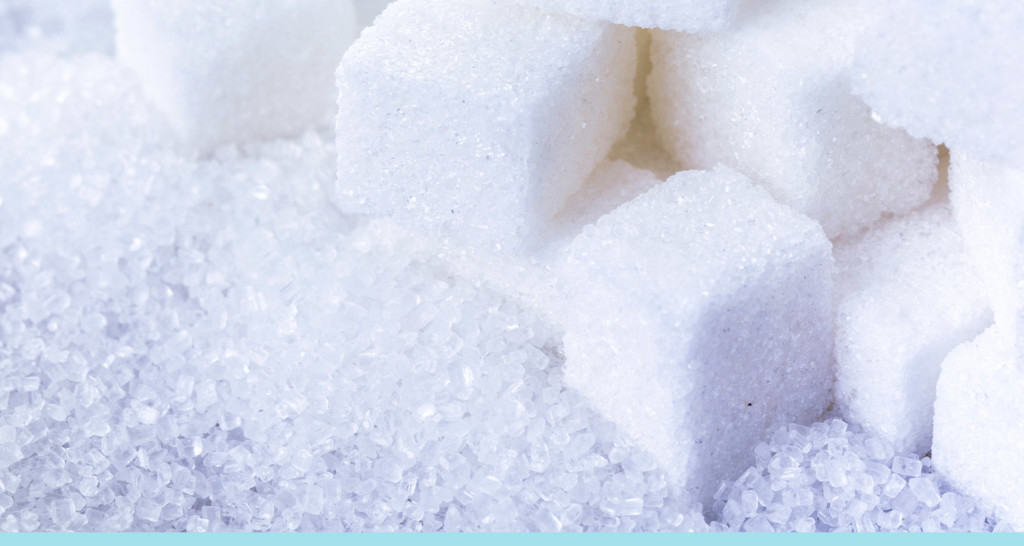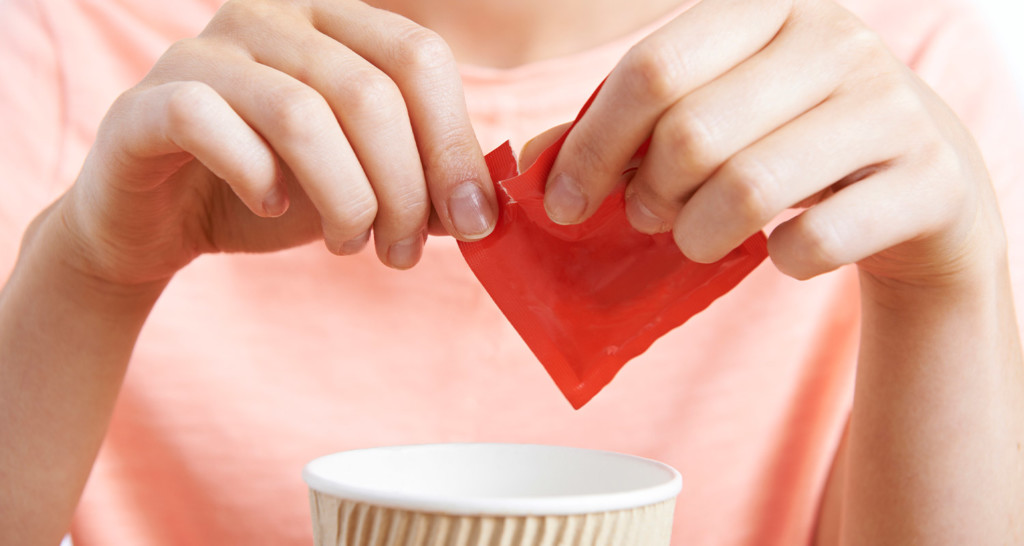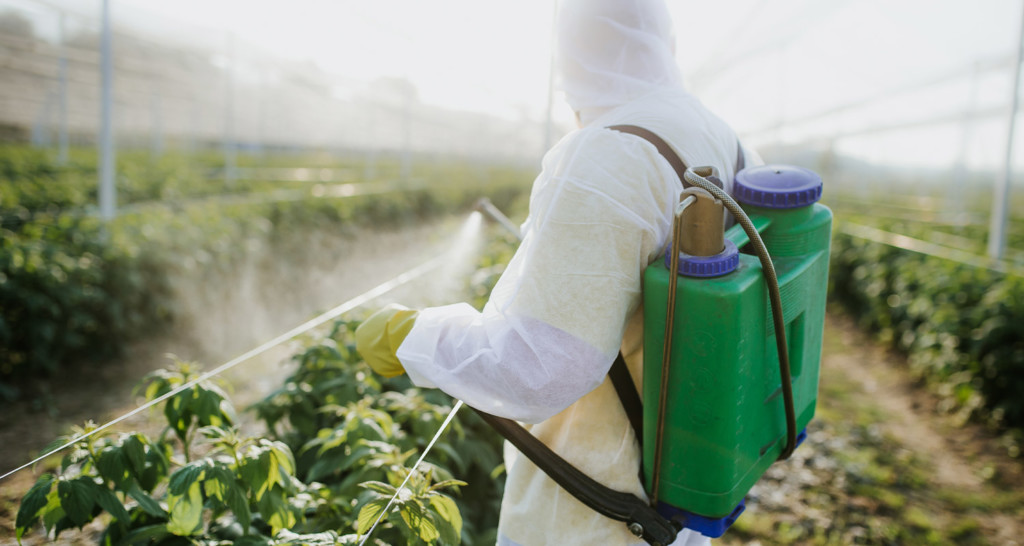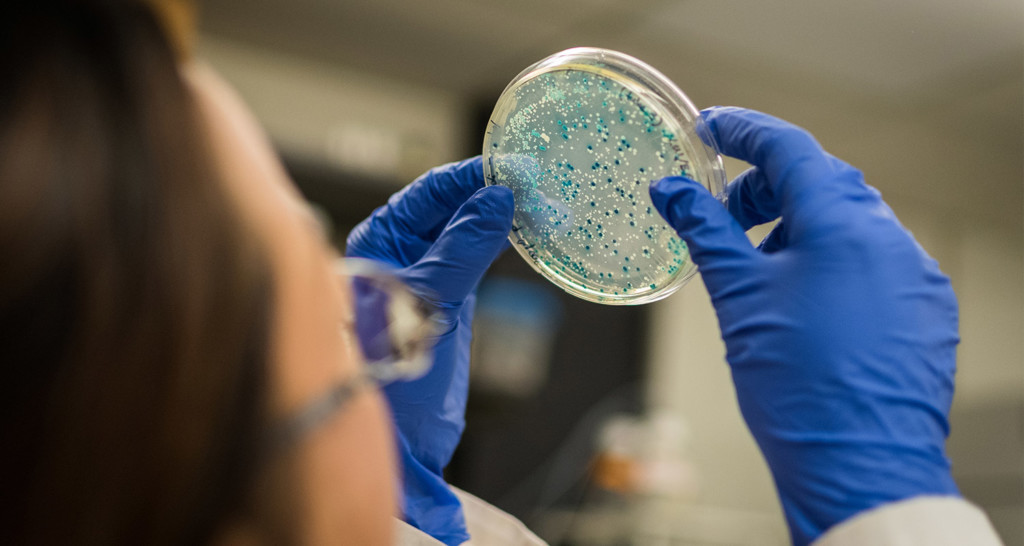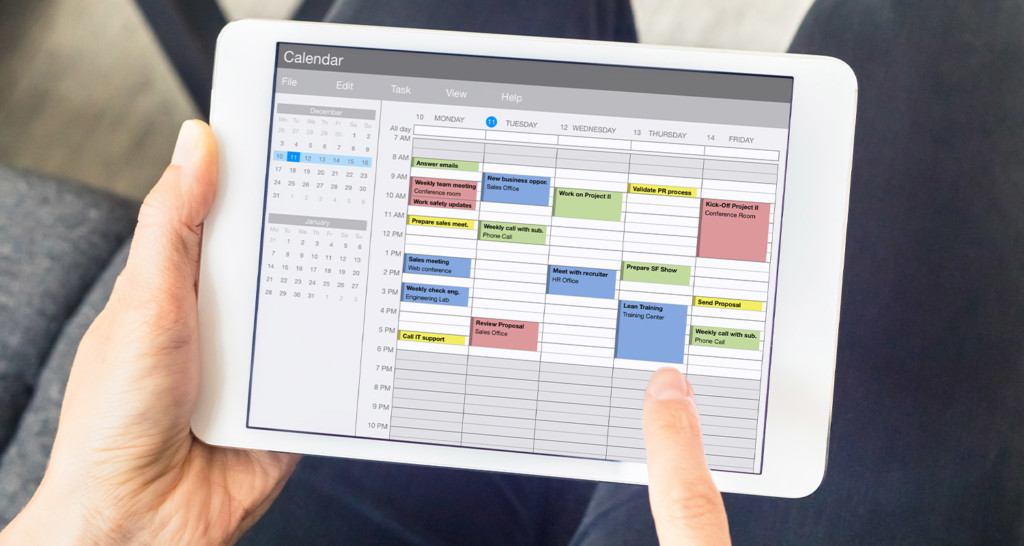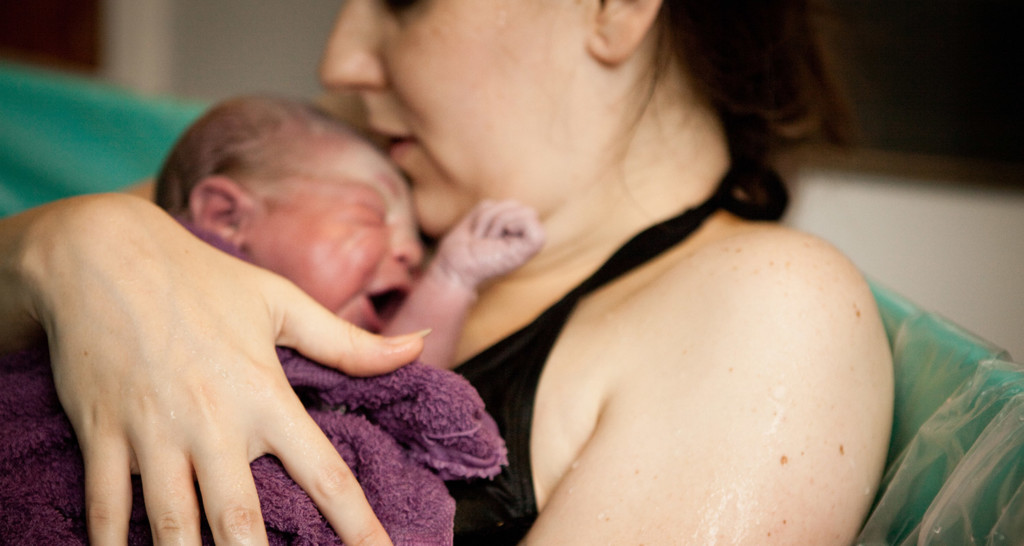
[tldr]
- Your gut microbiome is involved in nearly every aspect of your health, so you want to pay attention to the trillions of microbes living in and on you.
- Ways to reduce damage and promote good gut microbiome health include: avoiding gut-damaging behavior, staying away from certain foods, and taking a gut microbiome test.
[/tldr]
Your gut microbiome is involved in nearly every aspect of your health. So, if you want to feel better, have more energy, and improve your overall well-being, you’ve got to pay attention to the trillions of microbes living in and on you.
Your richest population of microbes by far is found in your gut. This is great news because your gut microbes are heavily affected by your diet and behavior – meaning you have a lot of influence over the activity of your gut microbe population, also called the gut microbiota.
These little guys are your body’s natural pharmacy: they help you digest your food, influence your mood, and even help you maintain a healthy weight. The science of the gut microbiome has given us new insight into what it means to be healthy. We now know that to truly be healthy, we must take the right steps not only for ourselves, but also for our microbiomes.
Let’s take a closer look at how you can reduce damage and promote good gut microbiome health with 17 science-backed ways to heal your gut microbiome.
Avoid gut-damaging behavior
The following are 4 gut-damaging factors, according to science.
1. NSAIDS
Nonsteroidal anti-inflammatory drugs (NSAIDs) such as aspirin and ibuprofen influence the composition of the gut microbiome.[ref url=”https://www.ncbi.nlm.nih.gov/pubmed/26482265″] NSAIDs also increase intestinal permeability (leaky gut) in as little as 24 hours after ingestion.[ref url=”https://www.ncbi.nlm.nih.gov/pubmed/19148789″]
NSAIDs are a double whammy when it comes to your gut health. So, when it comes to taking Advil for your headache, you should ask yourself – is it really worth it?
Order your Viome Gut Intelligence test for $199 (aff link)
2. Antibiotics
Antibiotics are another medication we need to be better about weighing the costs against the benefits. While there are times when it’s necessary to take antibiotics, as a society we use them far too liberally.
Because antibiotics don’t discriminate between the microbes they blast through, you are killing both good and bad bacteria when you take a dose.[ref url=”https://www.ncbi.nlm.nih.gov/pubmed/27028893″] Antibiotics are like a nuclear bomb for your gut microbiome, which can cause consequences like dysbiosis to last for years after you take them.
3. Stress
There are many lines of communication between your gut microbiome and brain along the vagus nerve through the immune system, gut hormone signalling, tryptophan signalling, and microbial metabolites.[ref url=”https://www.ncbi.nlm.nih.gov/pubmed/29276734″] Through these pathways, stress can have a significant effect on gut microbiome composition and intestinal permeability. On the flip side, dysbiosis and leaky gut can contribute to low-grade inflammation and potentially contribute to stress-related psychiatric disorders.[ref url=”https://www.ncbi.nlm.nih.gov/pmc/articles/PMC4604320/”]
This cyclical gut-brain axis takes stress reduction to the next level. Not only should you try to reduce daily stress through exercise, mindfulness, and meditation, but you’ll also benefit from working to improve your mental health through your gut health.
4. Smoking
Hopefully, you aren’t smoking. But if you are, here’s yet another reason to quit. Smoking changes the composition of the microbiome. Some studies have found that the changes in the gut microbiome caused by smoking resemble the microbiomes of people with conditions like inflammatory bowel disease and obesity.[ref url=”https://www.ncbi.nlm.nih.gov/pubmed/29626219″]
Yikes.This means if you’re smoking, you can be causing shifts in your gut microbiome towards disease states.
Avoid gut-damaging foods
The following are three gut-damaging foods, according to science. Remember, there could be more foods to add to this list depending on your unique gut microbiome.
5. Sugar
You may have heard by now that sugar can wreak havoc on your gut. High-sugar diets alter gut microbiome composition and function.[ref url=”https://www.ncbi.nlm.nih.gov/pmc/articles/PMC1379072/”] Bad bacteria and other microbes like the fungus Candida albican love sugars. When you reduce your sugar intake, you reduce the food supply to harmful gut microbes.
Western diets are extremely high in refined sugar due in part to the hidden sugars in so many processed foods. When you lower your sugar intake make sure there isn’t any hiding in your favorite sauces, condiments, and more.
6. Artificial sweeteners
Artificial sweeteners are sometimes thought to be a better alternative to sugar due to the lack of calories. But when it comes to your gut health, artificial sweeteners are bad news. Artificial sweeteners are capable of inducing dysbiosis and contributing to metabolic abnormalities. Artificial sweeteners also promote glucose intolerance through changing the composition and functions of the gut microbiota.[ref url=”https://www.ncbi.nlm.nih.gov/pmc/articles/PMC4377866/”]
In an effort to lose weight you might have switched to artificial sweeteners, but science shows this may be doing you more harm than good.
7. GMO foods
When it comes to genetically modified organisms or GMOs, the problem lies in the fact they’ve been modified to withstand the harsh chemicals that are being sprayed on them. Specifically, GMOs are made to withstand glyphosate, more commonly known as Roundup.
Essentially, when you eat GMO food you run the risk of consuming glyphosate and glyphosate contributes to dysbiosis and leaky gut.[ref url=”https://www.ncbi.nlm.nih.gov/pmc/articles/PMC4841035/”]
How to Increase Good Bacteria in the Gut Naturally
Below are 10 factors that can positively impact your gut microbiome.Most of these are pretty easy to implement. Let’s get real about gut health!
8. Take a gut microbiome test
Taking a gut microbiome test to learn about your personal gut health is a great way to gain profound insights and personalized recommendations. While there are many gut microbiome tests on the market, Viome is the only test with RNA sequencing technology that can see down to the strain level, and it includes the metabolites being produced by your gut microbes. Viome uses artificial intelligence analysis to develop personalized food recommendations so you can put your individual findings into action.
Learn more about Viome’s Gut Intelligence Test – Now only $199 (aff link)
9. Get dirty
Decades ago, many more people used to live on farms. However, we gradually move to the cities and with that move we’ve lost microbial diversity in our day-to-day lives.[ref url=”https://www.ncbi.nlm.nih.gov/pubmed/25231862″] Research on how certain environments impact the health of the gut finds that microbe-rich environments like farms have a protective effect on the gut microbiome.[ref url=”https://www.ncbi.nlm.nih.gov/pmc/articles/PMC3945755/”]
This suggests that to counterbalance city life, we should take opportunities to play outside in nature more. Not only is nature beautiful and enjoyable, it can also increase the good bacteria in the gut.
10. Exercise
We know exercise is good for us, but the way in which it affects the gut microbiome composition and metabolic activity is yet another reason for us to exercise regularly. Exercise increases the number of beneficial microbial species, enriches diversity, and specifically promotes commensal bacteria.[ref url=”https://www.ncbi.nlm.nih.gov/pubmed/18089942″] Commensal bacteria are those that we derive certain nutrients from, making them extra good for us.
Exercise isn’t just good for you, it’s good for the health of your microbes too!
11. Stick to a schedule
You probably think of your circadian rhythm as your sleep and wake cycle, but it’s much more than that. Your whole body runs on internal circadian rhythms that keep you healthy when they stay on time. Your gut microbiome has a delicate microbial rhythm as well, which is regulated by what you eat and when you eat it. When timing is thrown off, like when you change time zones or work a graveyard shift, it can contribute to diseases.
When you stick to a healthy schedule, this can significantly impact your metabolism and immune system homeostasis.[ref url=”https://www.ncbi.nlm.nih.gov/pmc/articles/PMC5635058/”]
12. Get a dog
Exposing children to household pets has been shown to reduce allergies and obesity.[ref url=”https://www.ncbi.nlm.nih.gov/pmc/articles/PMC5357536/”] These fascinating findings are believed to be because pets increase gut microbiome diversity. Pets do more than just bring us immense joy, making it a good idea to get a furry friend for your family.
13. Improve your home microbiome
Now that we know how important microbes are to our health, it’s no surprise that we are finding the microbes of the home are also important.[ref url=”https://www.ncbi.nlm.nih.gov/pubmed/27793218″] That’s right, your home also has a microbiome. A few things can be done to improve the microbiome of your home, including avoiding harsh cleaning products, getting an air filter, checking for mold, and even using home probiotics.
14. Get veggies from your local farm
Buying your vegetables from a local, organic farm could be good for your gut microbiome because they are more likely to be grown in soil rich with microbes. It appears that gut microbes and soil microbes share evolutionary trends.[ref url=”https://www.ncbi.nlm.nih.gov/pmc/articles/PMC5382463/”] Eating vegetables grown in healthy soil can help gut microbiome health through increasing diversity and richness.
15. Vaginal birth
While you don’t have much say over how you were born, the delivery method plays a big role in the formation of the gut microbiome for future children. It’s ideal if babies are delivered vaginally because this helps build a strong and resilient gut microbiome.[ref url=”https://www.ncbi.nlm.nih.gov/pmc/articles/PMC3661444/”]
If you had to have a cesarean section – fear not! You can help your baby build a strong gut microbiome with baby probiotics and possibly vaginal swabbing.[ref url=”https://www.ncbi.nlm.nih.gov/pmc/articles/PMC3536091/”] Vagina swabbing is a relatively new concept and should not be done on your own. Some hospitals are putting it into practice, so be sure to bring it up with your doctor.
16. Breastfeeding
Breastfeeding is another important time for gut microbiome development.[ref url=”https://www.ncbi.nlm.nih.gov/pubmed/23926244/”] There is bacteria in a mother’s breast milk that seeds the gut and helps strengthen the immune system. We’ve come to realize that breastfeeding is not only important for nutrient delivery but also for gut microbiome health, setting a child up for a healthier life.
17. Sleep well
Poor sleep can change the composition of the gut microbiome and negatively impact health.[ref url=”https://www.ncbi.nlm.nih.gov/pubmed/26828196″] It’s important that you’re not only getting plenty of sleep, but also that your sleep is high quality. We tend to focus on getting between 7 to 8 hours of sleep each night, but if your sleep is interrupted this can prevent your body from going into the deepest, most healing stages of sleep. Things like snoring, interrupted breathing, and sleeping with a pet can all negatively impact your quality of sleep.
The great gut microbiome diet myth
You probably noticed there aren’t any specific foods listed thus far. But if you were to do a quick Google search you’d probably see some of the following:
- Fiber
- Fermented foods
- Bone broth
- Yogurt
Truth is, there are no “best foods for the gut microbiome.” Remember, your gut microbiome is unique to you and therefore your ideal diet is going to be one-of-a-kind. Having a healthy gut microbiome is dependent on diversity, so try and incorporate plenty of organic vegetables into your diet to cover your bases.[ref url=”https://www.ncbi.nlm.nih.gov/pubmed/28492938″] Also, consider getting a gut microbiome test that is designed to help increase microbial diversity, like Viome (aff link).
Probiotics are also not on this list because although they’ve been found to be helpful in many cases, it’s likely that they should also be individualized in the same way your diet should. Also, there are tons of variations in quality, strain, and outcome. So be sure to do your research if you take probiotics and make sure you’re taking the right one for you.
The potential for improving your health through your gut microbiome is proving to be exciting and powerful science. One thing is for sure, your gut microbiome is unique and therefore future health advice must be personalized to reflect these scientific findings. Order your Viome Gut Intelligence test for $199 (aff link).
